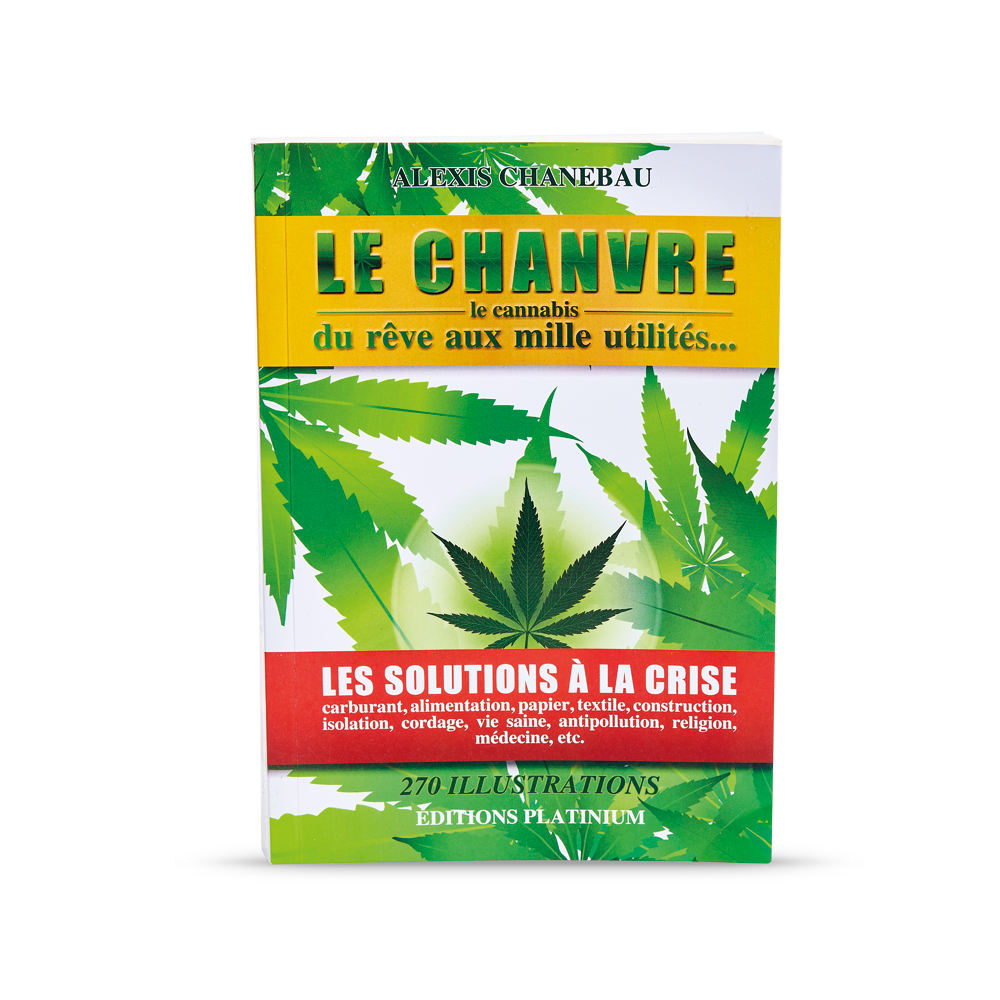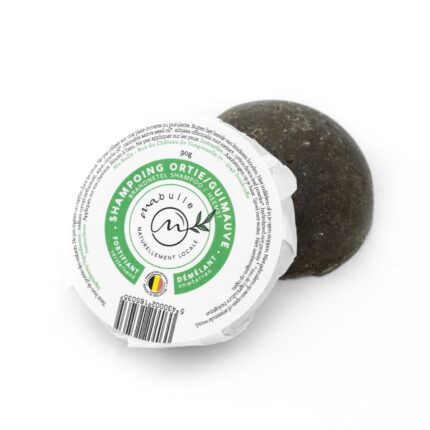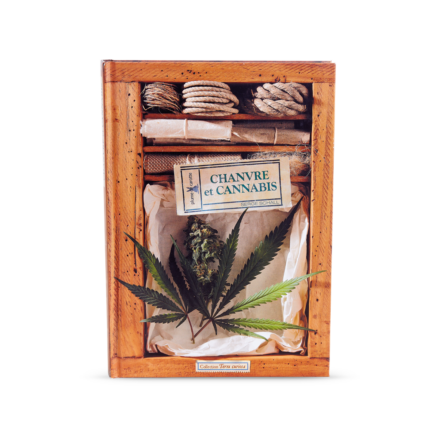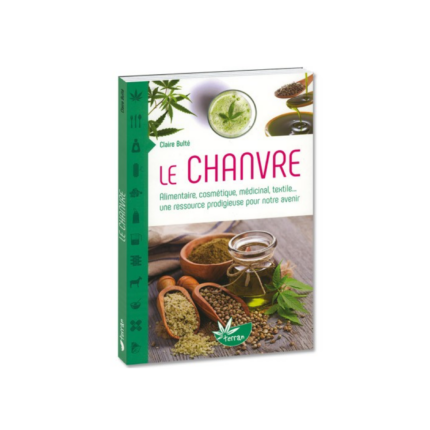After ten years of research, music composer Alexis Chanebau decided to write this book to make up for the lack of imagination (or information) in our current policies.
This summary has the urgent task of highlighting the extraordinary applications of this plant, given that it is little known to the general public.
An essential tool for the economic independence of emerging civilisations and religions, this forgotten raw material can easily be used to produce all kinds of vital, high-quality products: food, biofuels, lighting, heating, paper, textiles, ropes, incense, cosmetics, medicine, etc.
Hemp was undoubtedly one of the most widely cultivated plants on the planet until 1961. In his eulogy of Pantagruélion, published in 1546, François Rabelais even attributed to it the rank of "Queen of plants, generator of progress", writing that "hemp enabled men not only to join together across the seas, but also to attempt to climb the heavens".
George Washington, Thomas Jefferson and Benjamin Franklin, the founding fathers of the United States of America, were also convinced of this: between 1650 and 1850, an American farmer could pay his taxes with what is known today as "Marijuana".
This ecological momentum was stopped dead in its tracks, overshadowed by the rise of polluting industries: petrochemicals, wood pulp paper, cotton growing, etc.
Today, with the oil-financial crisis, hemp's exceptional qualities mean that it could finally be recognised as a universal and renewable providential resource, dedicated to mankind.
"Why sacrifice our ancient forests, why continue the costly exploitation of our minerals, if we can obtain the equivalent from the annual harvest of hemp..." (Henry Ford).









Reviews
There are no reviews yet.